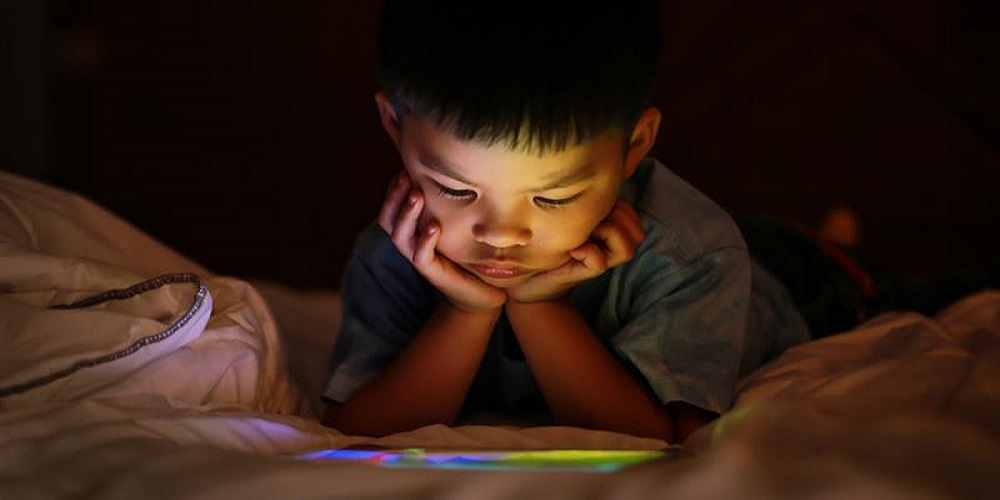Understanding Screen Addiction
In today’s digital age, children are growing up surrounded by screens, leading to concerns about screen addiction or technology overuse. Excessive screen addiction can lead to various negative consequences, including poor academic performance, sleep disturbances, obesity, social isolation, and diminished cognitive skills. Understanding the risks associated with screen addiction is crucial for parents and caregivers. This blog of Fikrah shows how to control children’s addiction to screens.
Setting Healthy Boundaries
Establishing clear rules and boundaries around screen time is essential for mitigating the risk of addiction. Parents should consider setting limits on daily screen time and designating specific times for screen use, such as after completing homework or chores. Creating screen-free zones in the home, such as bedrooms and dining areas, can also help promote healthier habits.
Promoting Alternative Activities
Encouraging children to engage in alternative activities is essential for reducing reliance on screens. Outdoor play, physical exercise, creative hobbies, and family bonding activities provide fulfilling alternatives to screen-based entertainment. Parents can help children discover new interests and passions that promote physical, mental, and emotional well-being.
Educating About Responsible Usage
Open communication about the benefits and risks of digital technology is crucial for children’s understanding. Parents should discuss responsible screen usage, online safety, and the importance of balance. Teaching children to self-regulate their screen time and make informed choices empowers them to develop healthy habits that last a lifetime.
Modeling Healthy Behaviors
Parents play a significant role in shaping their children’s attitudes and behaviors towards screens. By modeling healthy screen habits themselves and actively participating in non-screen activities with their children, parents can set a positive example and reinforce the importance of balance.
Leveraging Parental Control Tools
Utilizing parental control tools and monitoring software can assist parents in managing and regulating their children’s screen time effectively. These tools allow parents to set usage limits, block inappropriate content, and track online activities, providing peace of mind and oversight in the digital realm.
Conclusion: Fostering Balanced Digital Habits
By setting healthy boundaries, promoting alternative activities, educating about responsible usage, modeling healthy behaviors, and leveraging parental control tools, parents can help children develop balanced digital habits that support their overall development and well-being in today’s technology-driven world.
Click here to know more about “Why do kids addicted to Screen?”

